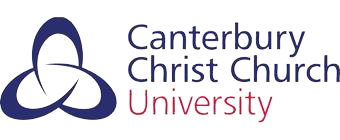A foundation year helps you develop the study skills and self-confidence needed for higher education when you don’t reach the entry requirements for your subject or you need a grounding in a new subject area.
Throughout the course, you’ll develop your skills in real-world situations, through live briefs and national competition briefs.
To build on your design work, you’ll learn business and entrepreneurial aspects of the industry from professional graphic designers.
You’ll be able to take on freelance commissions during the course and have the chance to work with local design agencies, alumni, and our staff.
You can also study abroad, gaining international experience of design.














